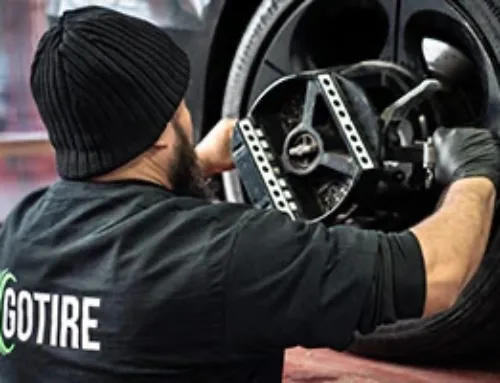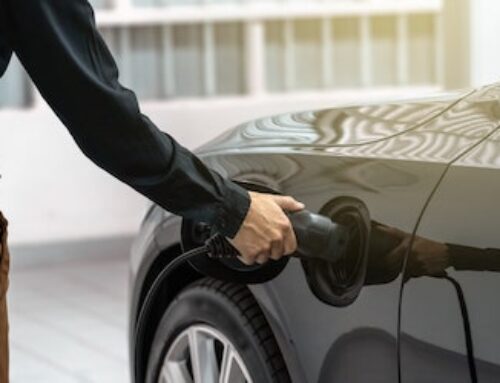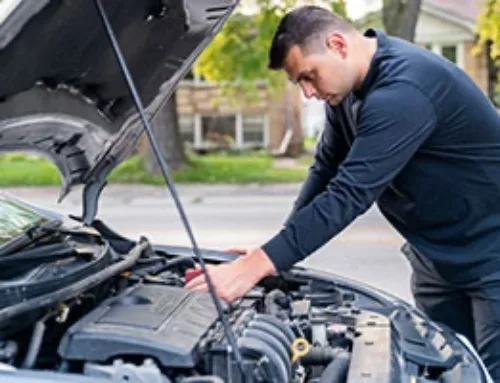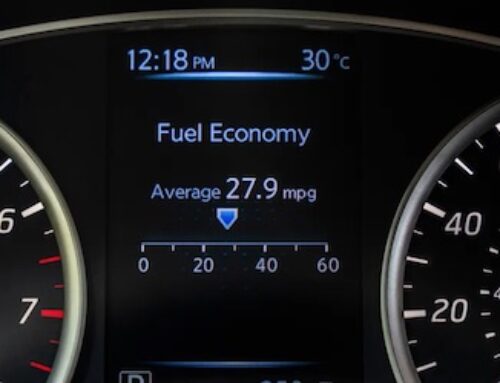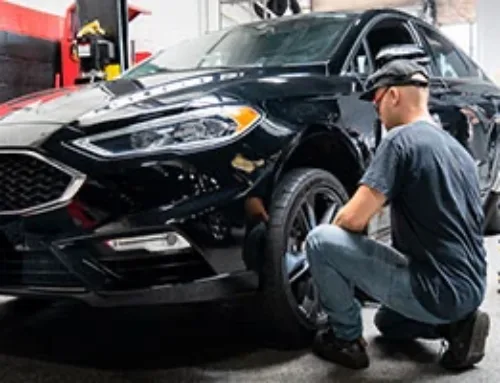Table of Contents
- 3 key signs of an overheated engine
- Immediate actions to take when your car overheats
- Regular coolant & cooling system checks
- 6 common causes of the overheated car engine
- Preventive measures for avoiding overheating
- Seeking professional help
- Roadside assistance and insurance coverage
- Frequently Asked Questions
Imagine driving on a hot summer day when suddenly you notice steam coming from under the hood. Your сar is overheating! What should you do? It’s essential to know the signs of an overheating engine—and how to handle the situation. If you were wondering, “What to do if my car overheats,” this article has all the answers. Buckle up. Let’s dive in!
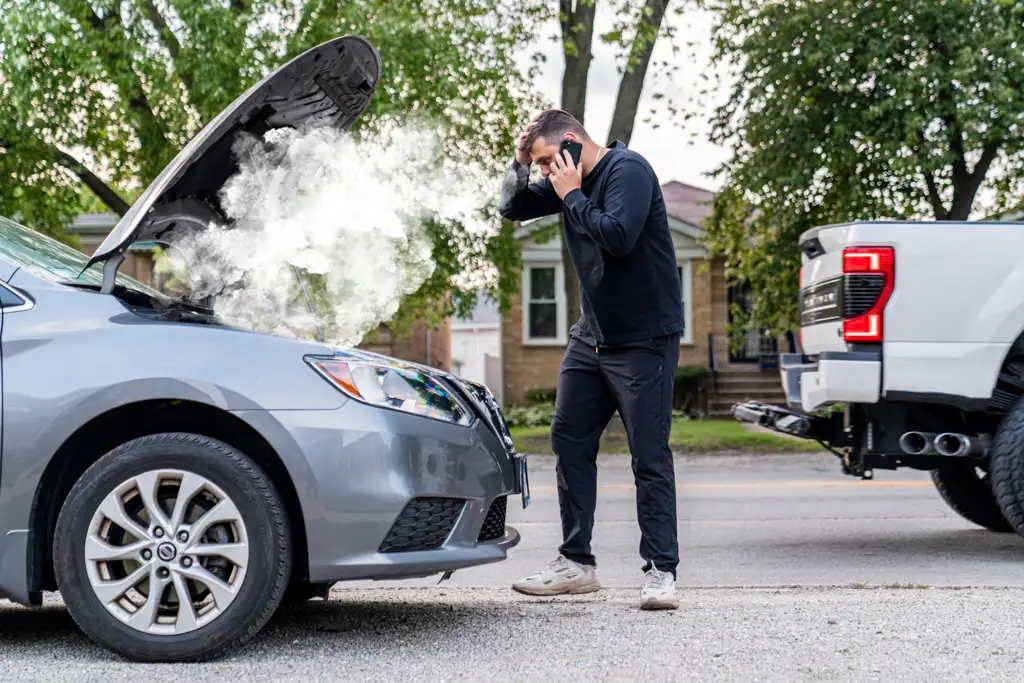
3 key signs of an overheated engine
1. Temperature indicator on a dashboard
Your car’s engine is a complex machine, and knowing the signs of it overheating can help prevent damage and ensure safety. One of the most obvious indicators that your car is overheating is the engine temperature gauge symbols on your dashboard. If the gauge reaches “H” or enters the “Red zone,” it’s a clear sign that your engine is running hot.
2. Smoke coming from under the hood
Another obvious sign is steam or white smoke from under the hood, indicating that your engine is overheating and needs immediate attention. If you notice smoke coming from your engine, it’s crucial not to slam on the brakes, as this could lead to a loss of control and a subsequent accident. Instead, apply the brakes gently and gradually as you maneuver your vehicle to a safe place.
3. Weird smell from the engine
In addition to the temperature gauge and steam, you might notice a strange smell from the engine area. This could be the smell of leaking coolant, which has a sweet odor and could indicate a cooling system leak.
Immediate actions to take when your car overheats
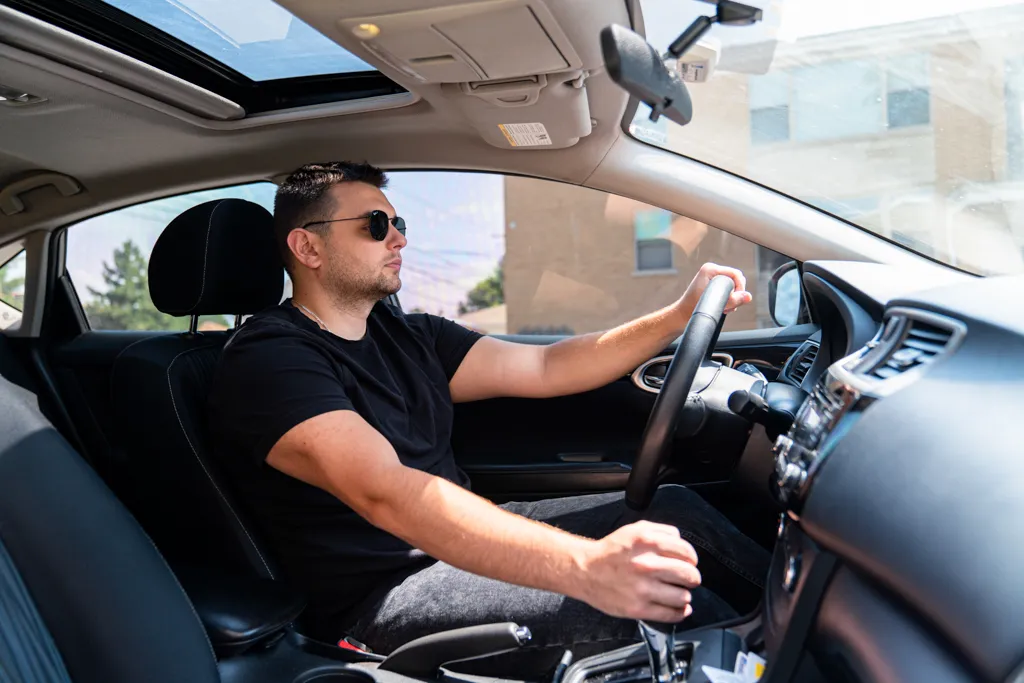
Don’t panic
Feeling alarmed when your car overheats is natural, but panicking won’t help the situation. Instead, remain composed and avoid making abrupt motions, as this could lead to accidents or further damage to your engine. Carefully scan your surroundings for a safe place to pull over.
Pull over to a safe place
Pull over to a safe place and turn off your engine. If you cannot pull over immediately, you can reduce stress on your engine by turning off the air conditioning and running the heater at full blast. This may seem counterintuitive, but turning on the heat helps draw heat away from the engine compartment, lowering the temperature inside the hood.
Wait till the engine cools down
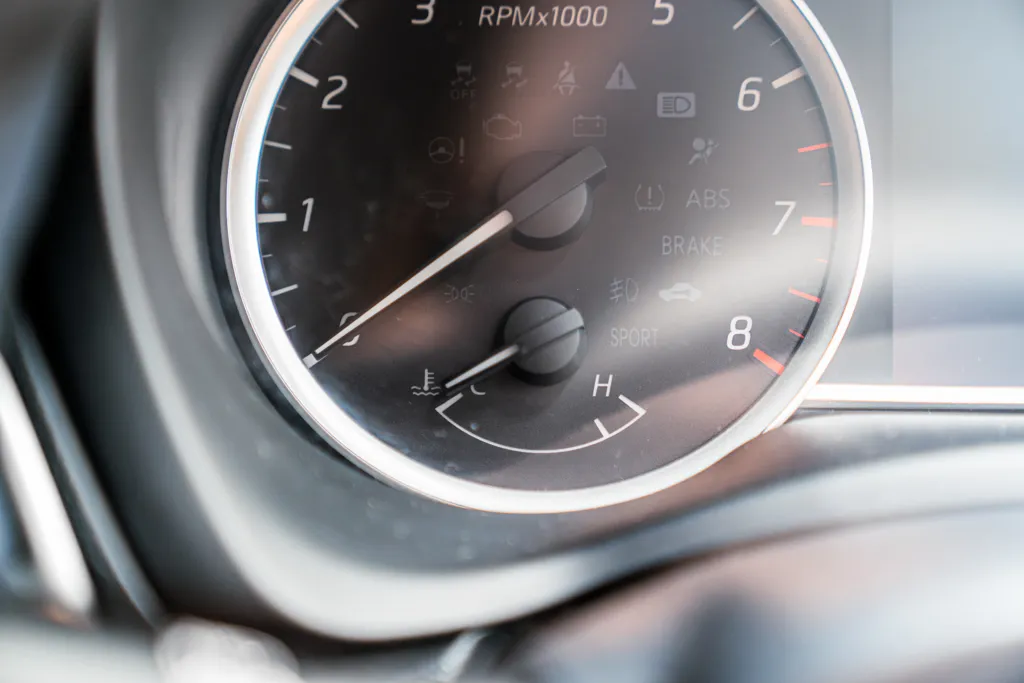
While waiting for the engine to cool, resist the urge to open the car hood immediately. Doing so can expose you to hot steam or coolant, which can cause severe burns. Instead, wait for the engine temperature gauge to return to the normal range before attempting to open the hood.
Check the coolant levels
After the engine has cooled down, you can safely open the hood and check the coolant levels, cooling fan, and other components for visible damage. Remember, allowing the engine to cool down is critical in addressing an overheating engine, as it helps prevent injuries and additional damage to your vehicle.
Don’t ignore the problem
Even after performing all these steps and having your engine cooled down, you must seek professional help as soon as possible—your car still needs an inspection. Take it to the repairman you trust. He might indicate other issues which can compromise the safety of your driving.
Regular coolant & cooling system checks
Keeping coolant on a required level
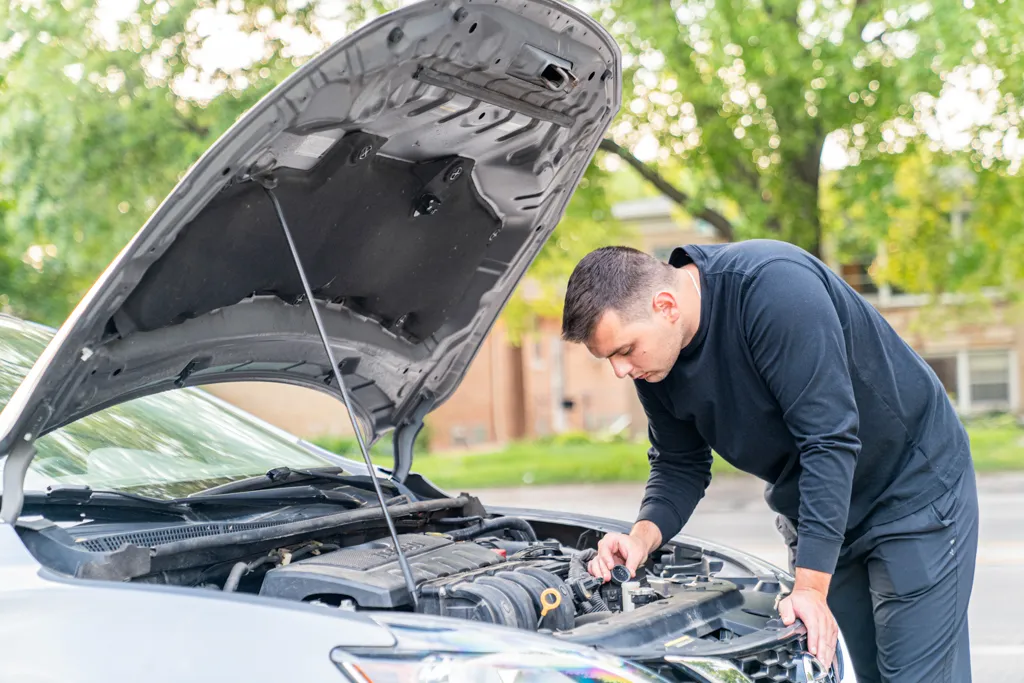
Coolant plays a vital role in regulating your engine’s temperature, and keeping it at the right level ensures it stays cool and performs optimally. For guidance, refer to your vehicle’s owner’s manual to check the required coolant level. If you find the coolant level low, you can add a quick top-off as a temporary measure until the source of the issue is identified. This is an essential step in preventing your car from overheating.
Regularly checking the cooling system
Aside from checking the coolant level, keeping your cooling system in good condition is crucial too. Regular coolant flushes and exchanges and staying up-to-date with radiator maintenance are a must. If you notice your car’s engine running hot, don’t forget to check the proper work of the cooling system!
Knowing your cooler type
Be aware of the proper coolant type for your vehicle! If you don’t know which cooler to use, refer to your car owner’s manual. Using the wrong type of coolant can lead to engine damage: always ensure you’re using the appropriate coolant for your car’s engine.
6 common causes of the overheated car engine
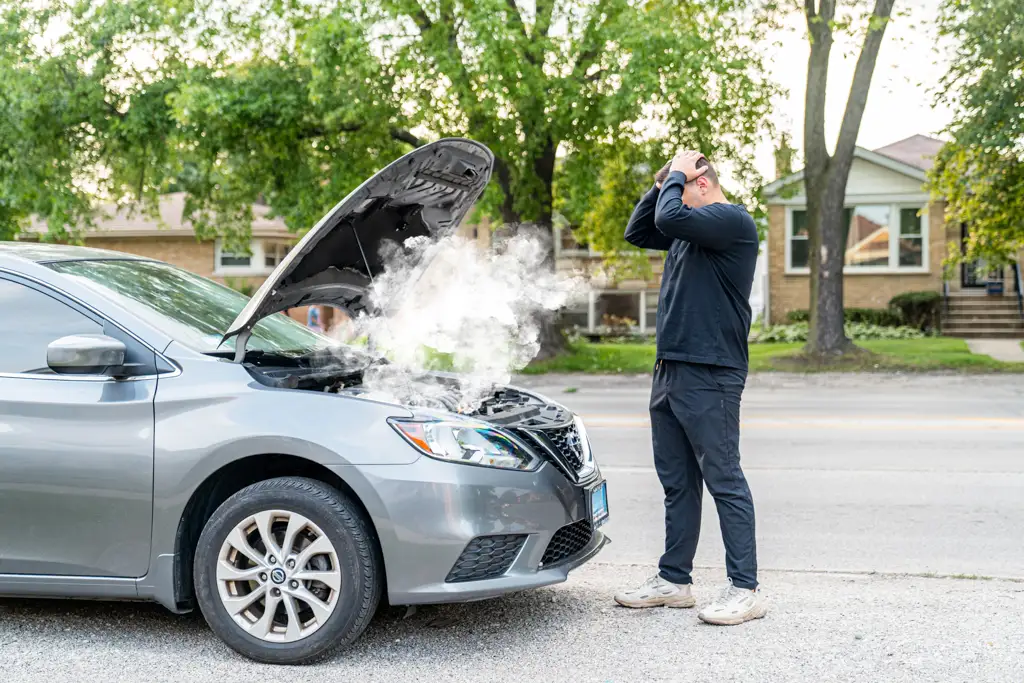
6 key factors can cause your car to overheat:
- Malfunctioning radiator fan
- Broken water pump
- Clogged coolant hose
- Dirty radiator
- Cooling system leak
- Leaks, blockages, or pump malfunctions in the coolant system
If your car overheats, and you’re unsure about the cause of it, it’s always best to consult a professional mechanic to diagnose and repair the problem. For instance, a broken water pump can cause your car’s coolant to stop circulating. In this case, replacing the water pump is necessary to resolve the issue and prevent further overheating. Neglecting these issues can lead to severe engine damage, so addressing them as soon as possible is crucial.
Preventive measures for avoiding overheating
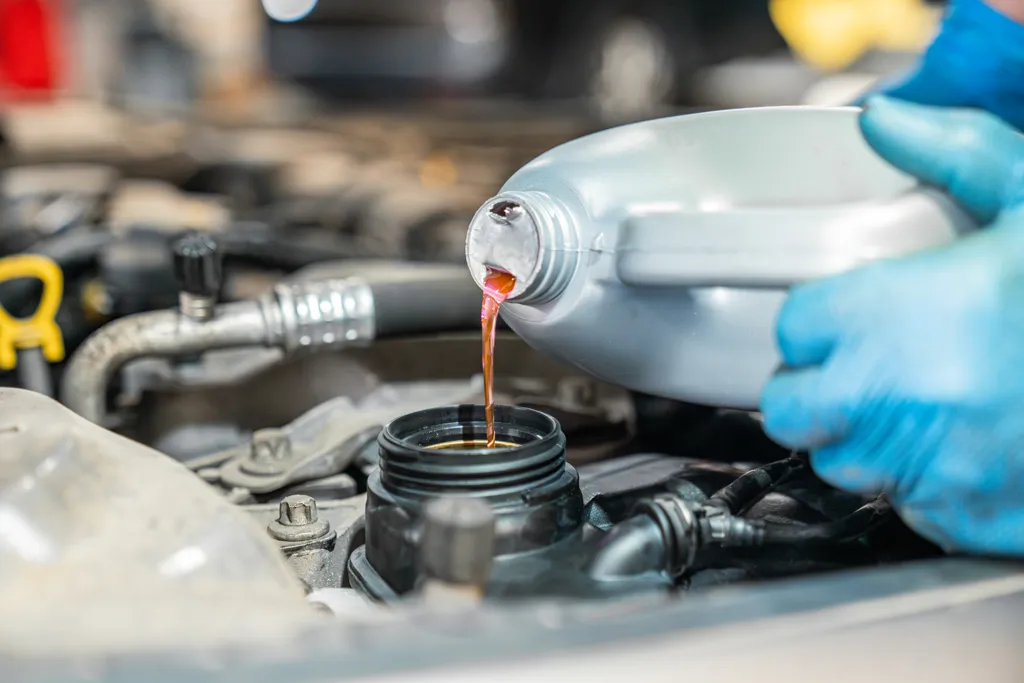
If you want your engine to run smoothly without overheating, make a habit of regular maintenance:
Be cool. As we mentioned before, always keep an eye on the engine coolant levels and check the work of the cooling system.
Avoid overloading your vehicle. Be mindful of your car’s weight limit and avoid carrying excessive loads, especially on hot summer days when your engine is already working harder to keep cool. This can stress the engine and cause it to overheat.
Keep your radiator clean. Rust, dust, contaminants, bugs, anti-freeze—all these and other agents settle on the exterior fins of the radiator, causing it to clog. This is one of the reasons for the engine to overheat, and you can avoid it by cleaning it every 3-5 years (trust the job to a professional mechanic).
Stay in the shade. Parking in the shade can also help keep your car cool, prolonging the life of your engine and preventing overheating. If a shaded or covered area isn’t available, consider using window shades or tinting your windows to maintain a cooler temperature inside the vehicle and protect against the sun’s damaging effects.
Keep it healthy. And don’t forget that maintaining a healthy car battery contributes to the overall performance of your vehicle.
Seeking professional help
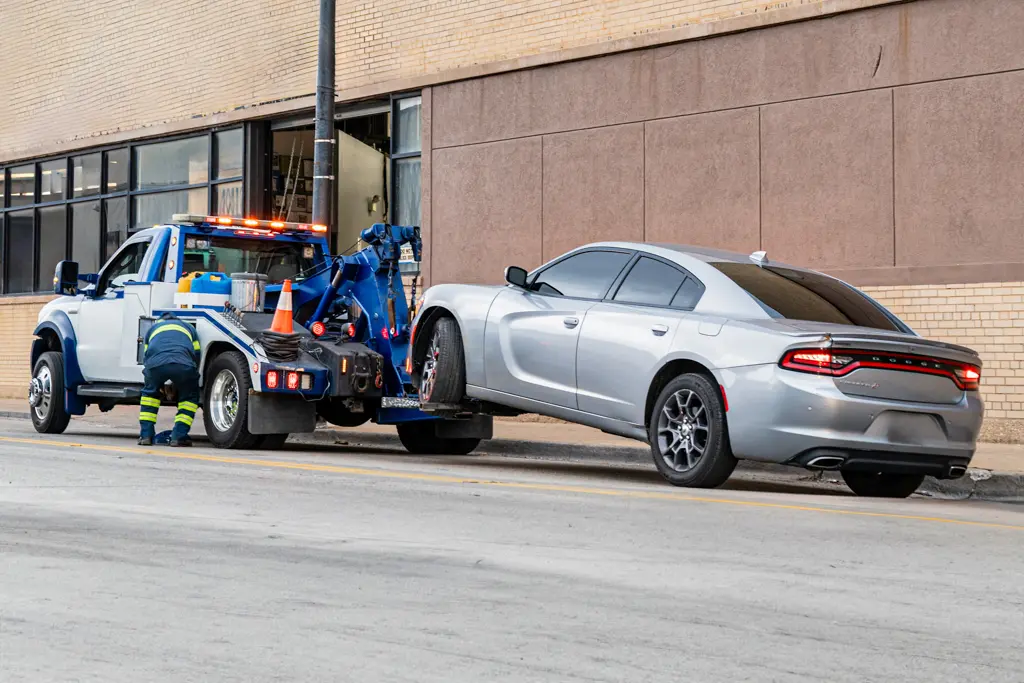
When your engine overheats, it’s important taking your car to the nearest repair shop as soon as possible. A professional mechanic will accurately identify the cause of the overheating and recommend the best course of action to fix the issue and prevent further damage. Ignoring the overheated engine problem can lead to much more expensive repairs and put your safety at risk. Don’t gamble with road safety. Take this situation seriously.
Roadside assistance and insurance coverage
When your car overheats and you require immediate help, remember about the towing and roadside assistance companies. Depending on the severity of the issue, they can get your car towed to a repair center or provide on-the-spot help. Suitable car insurance coverage will give you peace of mind in this situation. Some insurance companies, such as Metromile, offer roadside assistance and pay-per-mile coverage. Choose wisely, and make sure your insurance is up-to-date. And if you need professional advice on how to select the best car insurance, read this article.
Frequently Asked Questions
What to do when your car overheats?
If your car overheats, it is important to pull over and turn off the engine as soon as possible. Then, open the hood to let the heat dissipate quickly and turn on the heater and fan to draw the heat away from the engine. Once the engine has cooled down, check for any leaks or blockages in the radiator.
How can I tell if my car engine is overheating?
You can tell if your car engine is overheating by observing signs such as steam coming from under the hood, a higher temperature gauge, or a warning light on the dashboard. What should I do if my car engine overheats?
- Pull over to a safe place
- Turn off the engine
- Allow it to cool down
- Once the engine has cooled, check the coolant levels
- Address any visible damage
What are the common causes of car engine overheating?
Common causes of car engine overheating are:
- Diminished coolant levels
- A malfunctioning thermostat
- A congested radiator
- A damaged water pump
- A restricted radiator hose.
How can I prevent my car engine from overheating?
To prevent your car engine from overheating, maintain appropriate coolant levels, ensure the cooling system is in proper condition, and avoid overloading the vehicle. When should I seek professional help for an overheating engine? Pretty much at all times. To ensure proper diagnosis and repair, it’s crucial to seek professional help when dealing with an overheating engine.
Can I drive my car after it overheats?
Driving an overheated car can worsen the problem; even if it cools down, it can still be unsafe to drive. Pulling over and calling for a tow truck if your car ever overheats is best.
How long does it take for a car to cool down after overheating?
30 minutes minimum—the time for an overheated engine to cool down to a safe temperature.
Should I stop driving if my car is overheating?
Yes. If your car is overheating while driving, it is best to pull over immediately and stop. Driving an overheated car can cause extreme damage to the engine and even lead to a fire. You should also call for roadside assistance or a tow truck to get your car to a mechanic.
Will my engine be OK after overheating?
Overheating can damage the motor itself as well as reduce fuel efficiency. If your car overheats, even if you’ve fixed the immediate problem, get it checked by a professional mechanic asap.


